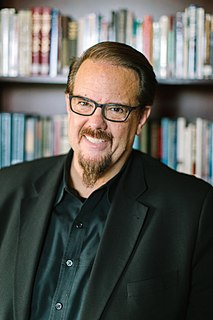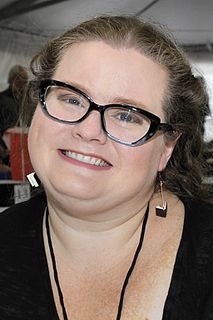A Quote by Maya Wiley
I think every leader has to be willing to examine their own biases.
Related Quotes
Set aside a half hour or an hour to rethink the way you make decisions, the habits you have, the biases you may have. And if you think of things, if you come with a little bit of a blank slate and be willing to acknowledge what you don't know, and you'd be willing to think like a child, I think it'll help not only individuals but society at large.
We do the same thing in our own lives, embracing information that supports what we already prefer or vindicates choices we previously made.After all, it feels better to justify our opinions rather than challenge them, to contemplate only the pros and relegate the cons to the back of our minds. However, if we want to make the most of choice, we have to be willing to make ourselves uncomfortable. The question is, if we are willing, how exactly do we go about fortifying ourselves against these biases?
When you stand in your own authority, based in your own direct experience, you meet that ultimate mystery that you are. Even though it may be at first unsettling to look into your own no-thingness, you do it anyway. Why? Because you no longer want to suffer. Because you're willing to be disturbed. You're willing to be amazed. You're willing to be surprised. You're willing to realize that maybe everything you've ever thought about yourself really isn't true.
Even fake news tries to convince us of its reality, but it does so mostly by appealing to your preconceived notions, your shared biases, or your prejudice. How to do the opposite? To create a sense of the real and then challenge your biases. I think that is my favourite aspect of writing, and that is what I've tried to do in 'The Lovers.'































